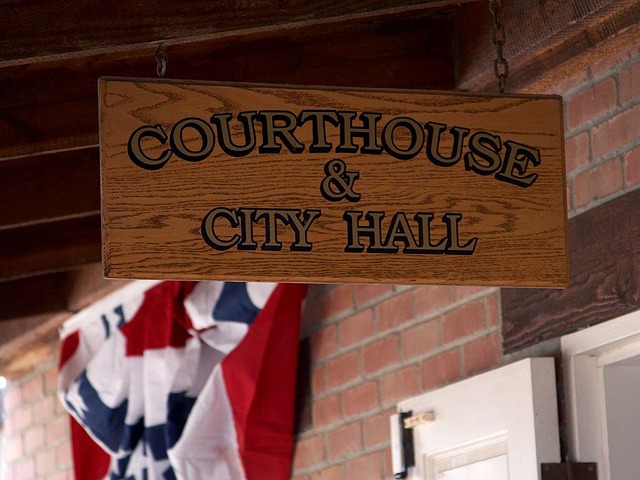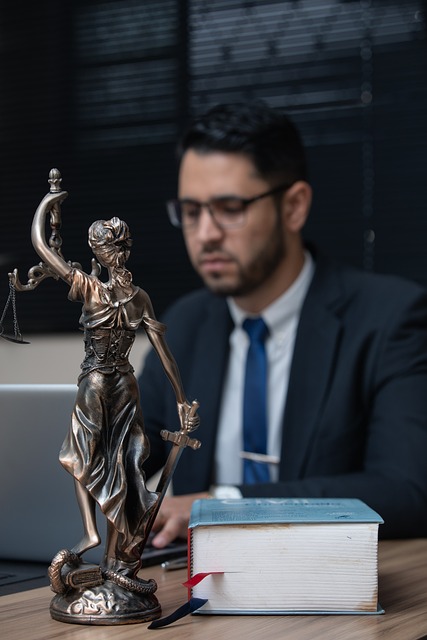The burden of proof, a fundamental concept in criminal law, dictates that prosecutors must convincingly demonstrate guilt beyond reasonable doubt. This principle significantly shapes verdicts, empowering defense attorneys to challenge evidence and instill doubts to ensure fairness. In high-stakes cases like white-collar crime, understanding how the burden of proof influences verdicts is crucial for both prosecutors and skilled defense attorneys who strategically navigate complex evidence and arguments to achieve just outcomes.
Criminal Defense Attorneys play a pivotal role in ensuring justice within the criminal justice system. This article delves into the core concept of the burden of proof, exploring its profound impact on verdicts. We’ll dissect how attorneys navigate the intricate web of evidence and legal principles to prove innocence. From understanding the weight of proof required to examining insufficient evidence and its effects on jury decisions, these professionals shape outcomes. Through real-world case studies, we’ll illustrate the practical implications of burden of proof decisions, highlighting the critical role attorneys play in safeguarding rights and ensuring fair trials.
- Understanding the Burden of Proof: A Fundamental Concept in Criminal Law
- The Role of a Criminal Defense Attorney in Proving Innocence
- When the Evidence is Insufficient: Strategies for Challenging the Prosecution's Case
- Impact on Verdicts: How Jurors Interpret the Proof Presented
- Case Studies: Real-World Examples of Burden of Proof Decisions
Understanding the Burden of Proof: A Fundamental Concept in Criminal Law

In criminal law, understanding the burden of proof is a fundamental concept that significantly influences verdicts. The burden of proof rests with the prosecution to establish, beyond a reasonable doubt, that an accused person committed the crime they are charged with. This means that prosecutors must present compelling evidence and argue persuasively throughout all stages of the investigative and enforcement process.
The significance of this concept cannot be overstated, especially when it comes to winning challenging defense verdicts. A well-prepared criminal defense attorney leverages the burden of proof by scrutinizing evidence, exposing inconsistencies, and raising reasonable doubts in the minds of jurors or judges. This strategic approach often results in unprecedented track records, demonstrating that a thorough understanding of legal principles can lead to just outcomes for those facing criminal charges.
The Role of a Criminal Defense Attorney in Proving Innocence

The role of a Criminal Defense Attorney is pivotal in navigating the complex legal system, with their primary goal being to prove their client’s innocence. They are tasked with challenging the prosecution’s case, presenting evidence that contradicts the accusations, and ensuring due process is followed. The burden of proof lies heavily on the prosecution, meaning they must provide compelling evidence beyond a reasonable doubt. This principle is a cornerstone in determining verdicts, especially during jury trials, where attorneys’ strategic arguments can sway public opinion.
A skilled defense attorney employs various strategies to defend their client’s rights. They meticulously examine evidence, interview witnesses, and explore alternative explanations for the circumstances surrounding the crime. By doing so, they not only protect their client’s interests but also contribute to the integrity of the legal system. The work of these attorneys extends beyond the courtroom, as they often engage with the respective business, philanthropic, and political communities to ensure fairness and advocate for reforms that uphold the principles of justice.
When the Evidence is Insufficient: Strategies for Challenging the Prosecution's Case

When faced with insufficient evidence, criminal defense attorneys employ strategic tactics to challenge the prosecution’s case. The burden of proof lies heavily on the accuser, requiring them to present compelling and convincing evidence beyond a reasonable doubt. If the prosecution fails to meet this standard, it can lead to favorable verdicts for corporate and individual clients alike.
Attorneys may cross-examine witnesses rigorously, exposing inconsistencies or weaknesses in their testimonies. They also scrutinize the handling of physical evidence, questioning its integrity or proper preservation. Additionally, they could argue that certain evidence was obtained illegally, violating their clients’ rights, thus rendering it inadmissible. These strategies aim to sow doubt in the minds of jurors, ultimately aiming for winning challenging defense verdicts in cases involving white-collar and economic crimes.
Impact on Verdicts: How Jurors Interpret the Proof Presented

The interpretation of evidence by jurors plays a pivotal role in the outcome of criminal trials, particularly when it comes to reaching verdicts. A key factor influencing this process is the burden of proof, which dictates the standard of certainty required for a conviction. In many jurisdictions, prosecutors bear the burden of proving guilt “beyond a reasonable doubt,” a legal threshold that requires jurors to be convinced to a near-absolute certainty. This high standard is designed to protect both the innocent and ensure fair trials, as it discourages convictions based on circumstantial or unconvincing evidence.
Understanding how the burden of proof affects verdicts is crucial for Criminal Defense Attorneys representing corporate and individual clients in high-stakes cases. By navigating the presentation of evidence and challenging the prosecution’s case, defense attorneys can aim for a complete dismissal of all charges if the proof falls short of the required standard. This strategic approach leverages the jurors’ role as fact-finders, ensuring they consider every piece of evidence critically to arrive at just and fair decisions.
Case Studies: Real-World Examples of Burden of Proof Decisions

The burden of proof is a fundamental concept in criminal law, significantly influencing the outcomes of trials, especially in high-stakes cases. It refers to the responsibility of a party (in this context, the prosecution) to present sufficient evidence to convince a judge or jury of the defendant’s guilt beyond a reasonable doubt. A well-known example is white-collar defense, where intricate financial crimes are at play; the onus is on prosecutors to navigate complex financial records and prove intent with clarity. This strategic element can sway verdicts, as it demands a thorough examination of evidence and arguments from both sides.
Consider a case where a business owner is accused of fraud. The respective business’s financial data might show unusual transactions, but proving the owner’s intent to defraud requires further investigation. Defense attorneys skilled in navigating such scenarios employ strategies to challenge the prosecution’s burden of proof, scrutinizing every detail to ensure a fair trial. These real-world examples highlight how the burden of proof is not merely a procedural aspect but a critical factor determining the fate of individuals and their respective businesses in legal battles.
The burden of proof is a cornerstone in criminal law, and understanding its intricacies is pivotal for both prosecutors and defense attorneys. By employing strategic approaches, such as challenging evidence presentation and utilizing case studies to illustrate key decisions, Criminal Defense Attorneys play a crucial role in ensuring a fair trial process. Ultimately, the interpretation of proof by jurors highlights the significance of solid legal representation, demonstrating how Burden of Proof affects Verdicts in substantial ways.






